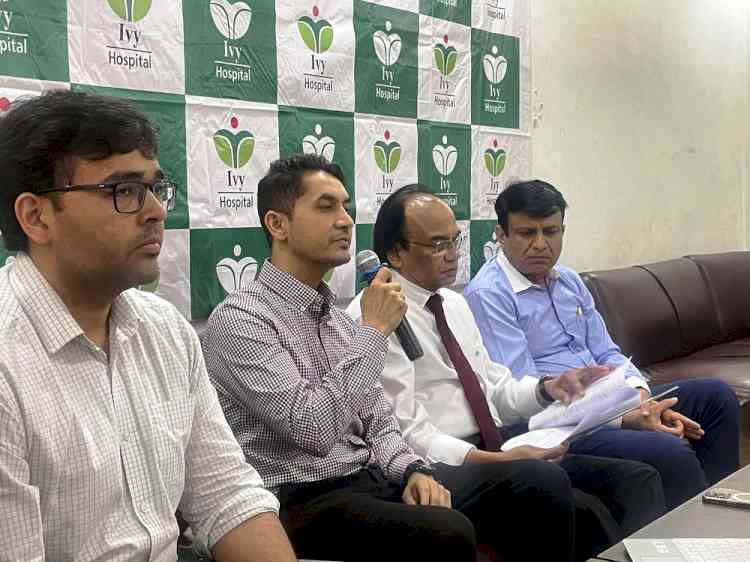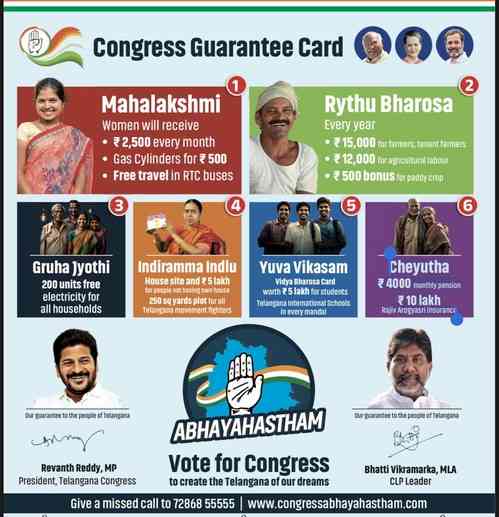Badal for structural reforms in long term credit to hasten pace of rural development
Author(s): City Air NewsChandigarh, September 20, 2012:In a bid to boost overall development of country’s agriculture and rural economy, Punjab Chief Minister Parkash Singh Badal today called upon the Central government to immediately...

Chandigarh, September 20, 2012:In a bid to boost overall development of country’s agriculture and rural economy, Punjab Chief Minister Parkash Singh Badal today called upon the Central government to immediately initiate structural reforms in the long term credit to make it self-sustainable to adequately meet the diverse credit needs of rural sector.
In his inaugural address on the first ever national Conference of Principal Secretaries (Cooperation) jointly organised by the Punjab government and National Co-operative Agriculture and Rural Development Bank here at Hotel Mountview, the Chief Minister said credit played a crucial role in the private capital formation of agriculture, but unfortunately, the farm credit policy of our country was un- favourable to promote private investments in agriculture.
He pointed out that the Central Government had now contributed to bring the cost of crop loans to the moderate rate of 4% after providing 3% interest subvention. But the cost of investment credit continued to be unaffordable being as high as 13% to 14%, against the re-finance given by NABARD for long term credit at the interest of 10% which was a huge disincentive for farm sector. He sought Government of India (GoI’s) intervention to facilitate NABARD and banks to bring down the cost of investment credit. The Chief Minister also pleaded that the interest subvention scheme of the Central government for crop loans should be extended to long term loans to address this problem. Traditionally, Agriculture Rural Development Banks (ARDBs) were the main agencies for giving investment loans to farmers but these institutions were not getting adequate support from the central government in term of revival and lending packages.
Showing concern over the recent decision of NABARD to reduce the rate of refinance to 90% of loans from the earlier 95% and equating the repayment period of refinance with the tenure of loans advanced to farmers, have put more hurdles in the operations of ARDBs. Earlier a two year moratorium was provided by NABARD allowing better cash flow and credit to the ARDBs.
Badal suggested the governments and NABARD/RBI should come up with the innovative schemes to enable the ARDBs to raise resources and income like ancillary banking services to increase their profitability. He urged the NABARD to review its decision in the larger interest of farming community and also in view of the fact that NABARD was completely insulated through state government guarantees against any risk in financing ARDBs.
The Chief Minister also asked the Central government to implement the recommendations of Vaidyanathan Task Force to revive the long term credit structure without any further delay. He hoped the conference would go a long way in highlighting and addressing all issues of concern to provide farm loans at affordable rates.
Speaking on the occasion, MLA from Kerala and Chairman NCRDB Federation, K.Sivadasan Nair appealed to the Chief Minister for taking up the issue of revival package of long term structure involving recapitalization and reforms as recommended by the Vaidyanathan Task Force with the Central government forthwith. He however, said that short term package was implemented by the Centre but it was yet to take decision on the implementation of long term structure despite announcing it in the Union budget 2008-09.
On the occasion, Managing Director NCRDB KK Ravindran proposed a vote of thanks adding the long term co-operative credit structure was on the path of deceleration. In context to capital formation in agriculture he pointed out that this fragile structure have led to deprivation of continued credit support to about 138 lakh rural households which pledged their lands to these institutions for talking long term loans in the past. The experience of the structure in states like Kerala and Punjab shows that these challenges to a large extent could be met with enhanced policy support from the state government.
Earlier in his opening remarks Principal Secretary Co-operation Viswajeet Khanna shared some the best experiences in the state co-operative sector like successfully functioning of 1300 Agro Service Centres across the state to provide farm equipment and machinery to the farmers on custom hiring basis and empowerment of women through Mai Bhago Scheme to make them financially viable by imparting vocational training coupled with soft loans. He also dwelled on the flagship scheme Bhai Kanhaiya Health insurance meant for co-operative members of the state under which 85000 patients have been treated for different ailments at a cost of Rs 120 crore till now.
Khanna also talked at length about the novel scheme to provide consumer items including electronic gadgets to the members of the co-operative societies through setting up stores on the CSD pattern in villages. This scheme was doubly beneficial to the members as they could purchase quality items at subsidised rates besides ensuring handsome profit to the societies. He said these schemes could be aptly replicated in other states for further strengthening the co-operative movement.
Prominent amongst others who attended the function included Registrar Co-operative societies AS Miglani, Chief General Manager NABARD Punjab region Krishan Jindal, Special Principal Secretary to the Chief Minister Gaggandip Singh Brar, Chairman Punjab State Co-operative Agriculture Development Bank Sukhdarshan Singh Murar and Managing Director Punjab State Co-operative Agriculture Development Bank GS Mangat besides the Principal Secretaries (Co-operation) and Registrar Co-operative societies from several states and other senior officers of the co-operation department.

 cityairnews
cityairnews 















